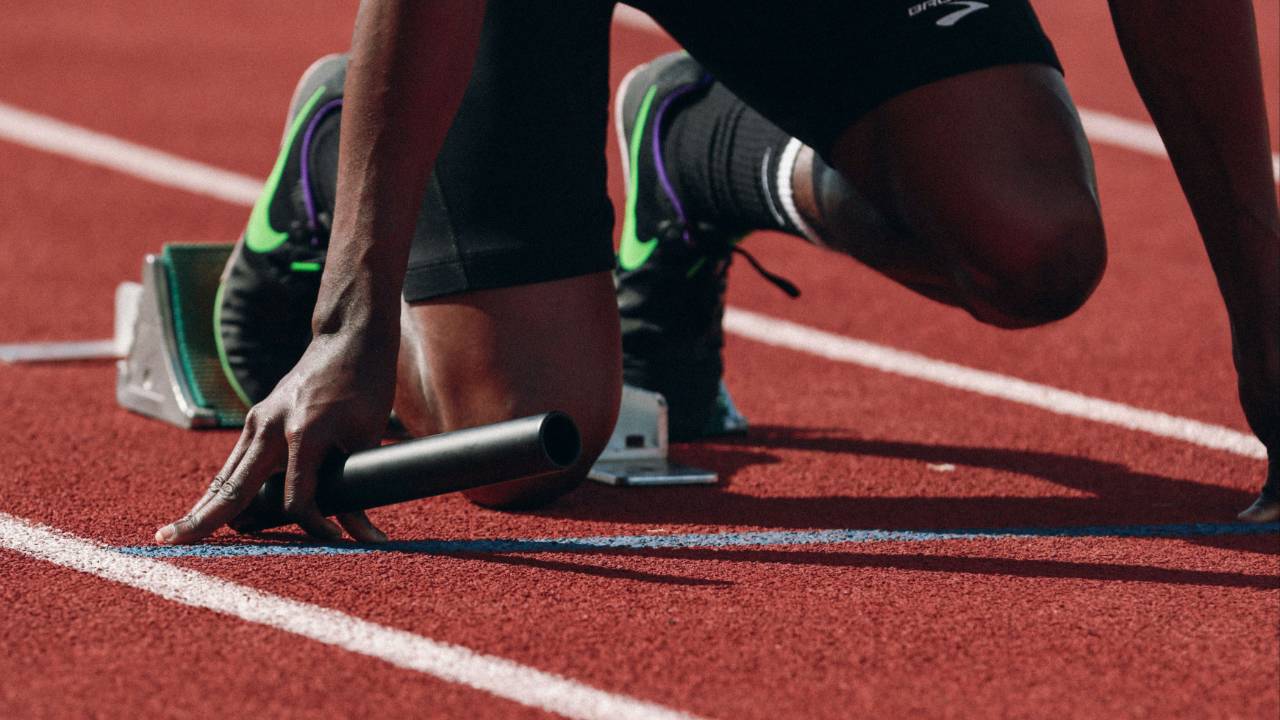New Year, New List - The 2025 Prohibited List from WADA is Here
Feb 11, 2025
Because we know its easier to have the quick facts first before the season beings!
As of 1st January 2025, the updated Prohibited List from the World Anti-Doping Agency (WADA) is in effect. Whether you're an elite athlete, a recreational competitor, or part of the wider support personal or a coach, parent or guardian , staying informed about these updates is essential to protect your health, career, and reputation.
Maybe you are confused about what the Anti Doping rules are whether they apply to you ?
What are Anti-Doping Rules?
Anti-doping rules are regulations designed to prevent the use of prohibited substances and methods that could provide unfair advantages in sport or harm athlete health.
What is an Anti-Doping Violation?
A violation occurs when an athlete or support person breaches anti-doping rules, such as testing positive for a banned substance, refusing a test, or trafficking prohibited substances.
Like getting tested at a national or NGB event or a National or International event such as GB age group in Triathlon or Ironman events.
What Does Anti-Doping Mean?
Anti-doping refers to fair sport. Sports organisations promote clean competition through education, testing, and enforcement of rules that prevent doping.
What is the Anti-Doping Code?
The World Anti-Doping Code is the framework that brings together all the anti-doping policies, rules, and regulations globally.
Who Must Follow Anti-Doping Rules?
All athletes, from elite professionals to athletes on Talent Pathways to Age Group competitors all are subject to anti-doping rules. Testing can occur at any level of sport.
Is there risk in taking a supplement?
A YouGov study published by UKAD revealed that 87% of British adults who exercise and take supplements do not seek advice from healthcare professionals (e.g., doctors, pharmacists, dietitians) before consumption, and 20% seek no advice at all.
Some supplements may be contaminated with banned substances, either through poor manufacturing practices, cross-contamination, or intentional adulteration. Contamination can occur in:
-
Non-accredited manufacturing facilities with insufficient quality control.
-
Unregulated products, such as those purchased online from unverified sources.
-
Ingredients mislabeled or omitted, leading to accidental ingestion of prohibited substances.
Examples of contaminated supplements have included those containing anabolic agents, stimulants, and diuretics (which are banned in the WADA Anti Doping Code)
How to Minimize Risk
Athletes should only use supplements certified by programs like Informed-Sport, NSF Certified for Sport, which tests products for banned substances and provides a database of certified safe supplements. For more information, visit the Informed-Sport website and https://www.nsfsport.com/
Key Updates to the 2025 WADA Prohibited List 🌟
-
Changes to Inhaled Formoterol Limits
Athletes can now inhale up to 36 micrograms of formoterol within any 12-hour period (daily limit: 54 micrograms).
A Therapeutic Use Exemption (TUE) is required for use beyond these limits.
-
Removal of Apheresis as a Prohibited Method
Blood donations through apheresis at accredited collection centers are no longer prohibited.
Find a list of UK-accredited Therapeutic Apheresis Units here.
-
Clarification of Permitted Substances
Guanfacine is now explicitly permitted under Section 6 (Stimulants).
-
Beta-Blockers
Beta-blockers are no longer prohibited in any ski or snowboard discipline.
-
Additional Examples of Prohibited Substances
New examples have been added across various categories, reinforcing the scope of already-banned substances.
-
Monitoring List Highlights
Certain substances are not currently prohibited but are under close observation.
These include:
Ecdysterone (Anabolic Agent)
Semaglutide (commonly used for weight management)
Stimulants like caffeine and nicotine (In-Competition only)
Check out the full 2025 Prohibited List, visit:
You can also check your medications here https://www.globaldro.com/Home
Real-Life Example: A British Boxer’s Ban
A recent case on UKAD highlights the serious consequences of anti-doping violations. British boxer Jack Ewbank received a four-year ban after admitting to trafficking a prohibited substance. This serves as a reminder that doping violations carry heavy personal and professional costs. Read more here.
National Governing Bodies commited to Anti-Doping
British Triathlon
Committed to clean sport, aligning with WADA and UKAD regulations.
Ironman
Requires all competitors to adhere to the WADA Prohibited List and anti-doping testing protocols.
British Cycling
Strictly enforces anti-doping rules and works with UKAD to test athletes in and out of competition.
British Athletics/UK Athletics
Educates athletes and their support teams on prohibited substances, testing processes, and the importance of clean sport.
Note: Testing is not limited to elite athletes—any athlete at any level can be tested.
When Do Anti-Doping Tests Happen?
UKAD (UK Anti-Doping) may attend events to conduct:
-
In-Competition Testing: During or immediately after an event.
-
Out-of-Competition Testing: Random tests at training venues or even at home.
-
100% Me App
Athletes can download the 100% Me app for guidance on anti-doping, including testing procedures and managing medications. Download it here.
Conclusion
Staying informed and compliant with anti-doping rules is crucial for every athlete, regardless of level. The 2025 WADA Prohibited List brings several updates, emphasizing the importance of regularly checking medications, applying for TUEs when needed, and understanding the consequences of violations.
Commit to clean sport this year—because integrity, fairness, and health are non-negotiable.
For more information, visit:
